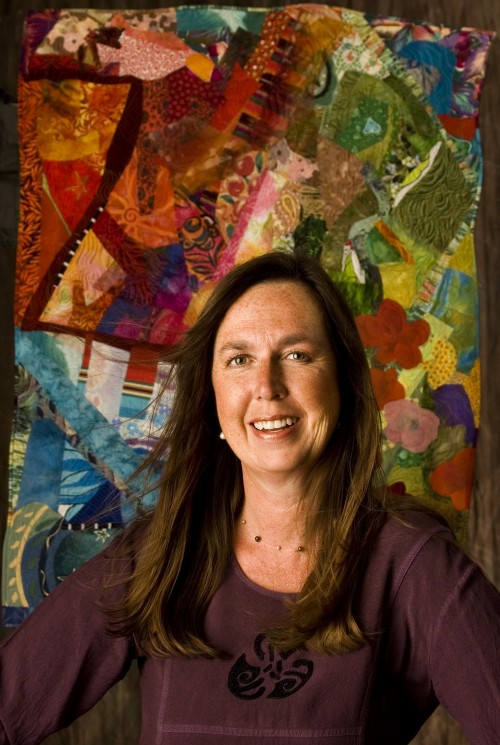What do you see when you turn out the light?
When I was younger, I thought this was a nonsense line, but as an adult I suddenly realized that John and Paul used this line as shorthand to ask all the questions about what delights and motivates us, what fills us up, what empty places and sorrows there are in our lives. It’s key to self-knowledge, this question, to learn what art appeals to us, and how we developed those preferences. How do we ground abstract concepts in concrete expressions? Is it possible that visually important moments have more to do with blindness and history, than with vision and the immediate moment?
In February of 2004, I made a visit to the San Francisco Museum of Modern Art, timing my trip so I could see both the Diane Arbus photography exhibit, which was closing, and the Romare Bearden exhibit which opened that weekend.
For me, the Arbus show was all about personal filters, which she seemed to lack. She photographed whoever fascinated her at the moment—circus freaks, asylum inmates and nudists—without any apparent distaste, discomfort or sense of impropriety.
I shuffled through the high-ceilinged galleries, breathed recycled air, shared the show with all those other eyes. I longed to be rid of the crowd, wanting instead to witness the show in my own time, linger over some images and pass others over completely. I wanted to read through Arbus’s notebooks, find out what she was thinking about, and why she found certain images so compelling.
After three hours, I left the show visually and mentally spent. But the Romare Bearden show awaited.
Bearden created collage artworks from magazine photos, colored papers and his own drawings, often portraying life in black America. When I entered the exhibit, the artworks felt instantly familiar, even though I hadn’t previously seen many of them or experienced the places they describe.
I often experience this visceral sense of recognition with collage artworks. Even though it uses humble materials, collage has startling power to illustrate the intangible. Bearden knew that collage allows the artist to create works that rise above the visual, and instead portray skewed aspects of the world.
My experience with collage is that it allows me to give important elements their due, excise the insignificant, re-create the world according to my own vision. I can use fragments to create a whole, solid and honest picture of the world.
From beyond the grave, Bearden told me hopeful stories, universal truths about the world. Where Arbus’s world was dark and a bit twisted, his images refreshed my eyes and my spirit.
Abstraction packs in more impact per square inch by portraying both the visible and the invisible. The artist who goes farther afield offers the viewer an opportunity—almost an imperative—to look harder and longer to discover the veracity and meaning of the artwork, and in the process discover something true about herself.
Even realism, though, is an abstraction of sorts, as explained by René Magritte with his painting, “Ceci n’est pas une pipe” (“This is not a pipe”). A painting of an object is still a painting.
A friend sent me three of his latest poems some time back, and asked for a critique. In reading them, I had a “Salieri” moment, thinking “too many words.” They had crossed some line for me, filled in too many details. Effective lies—literary or visual—are grounded in truth, but not too specific. The goal I’ve set for myself is to ground abstract ideas in the senses, giving the viewer just enough clues to take him or her to some real-life experience.
The most influential artworks I’ve encountered hold my attention through my most powerful sense: memory. Memory takes me back to a previous time, to an edited version of my life, to sensations and experiences that have been fully encoded, that have stayed with me, that make me who I am. Memories, in large part, trigger the sensations I experience when the room goes dark. The artworks that speak to me of these things are the ones that touch a chord of memory. Like a childhood matching game, those are the artworks I seek. They appear gutsy and true, and reinforce my view of the world.

